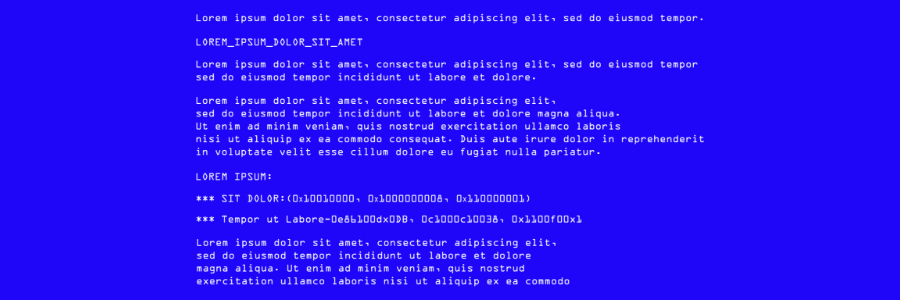To avoid detection by anti-malware programs, cybercriminals are increasingly abusing legitimate software tools and programs installed on computers to initiate attacks. They use fileless malware to infiltrate trusted applications and issue executables that blend in with normal network traffic, IT processes, and system administration tasks while leaving fewer footprints.
A closer look at fileless malware
Keep your mobile devices safe with these tips

Mobile devices are generally less secure than laptop and desktop computers. While there are available anti-malware applications for smartphones and tablets, they aren’t as comprehensive as those for laptops and desktops. Additionally, some mobile devices aren’t compatible with certain security applications or measures implemented by businesses.
Prevent hackers from stealing healthcare data
What you need to know about HTTPS
New Android malware detected!
Are your business printers protected against hacks?
Another Windows 10 update, another raft of issues
Keep these in mind when shopping for antivirus software
5 Signs your VoIP network is being hacked

Voice over Internet Protocol (VoIP) is one of the technologies that have changed the way businesses operate. VoIP phones are essential for the success of your company, allowing users to do a wide range of tasks, including making calls from virtually anywhere there's an internet connection to setting up conference calls.








